The more horses you keep together, the more important parasite control becomes! Targeting treatment using worm egg counts as the basis of a plan is now the recommended approach for all yards. Customers with 10 or more horses to their account can access the Westgate worm count service at our commercial rate
Tell me More
Yards of 10 + horses
Find out more below
Yards of 10+ horses qualify for our commercial rates on worm egg counts and EquiSal tests. Find out about the services here and how to run a targeted worming programme with larger numbers of horses.
The more horses kept together the more important good parasite control becomes.
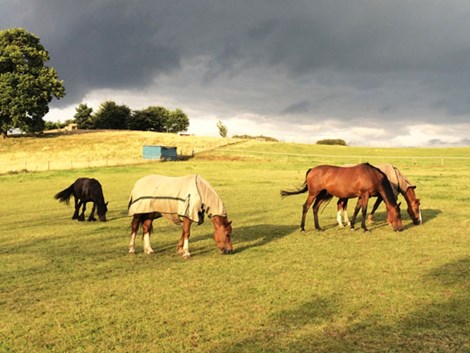
Horse Worm Counts for Yards
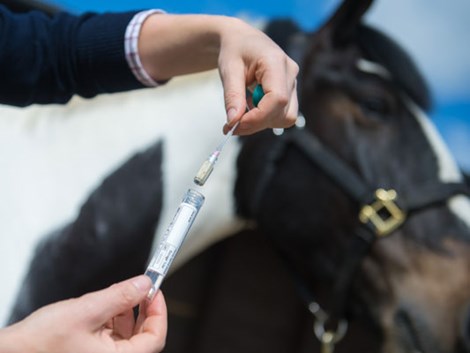
EquiSal Tapeworm test for yards
Saliva test to measure infection levels of tapeworm in horses. Test every 6 months to manage your tapeworm control; only 23% of horses need a wormer.
Tell me More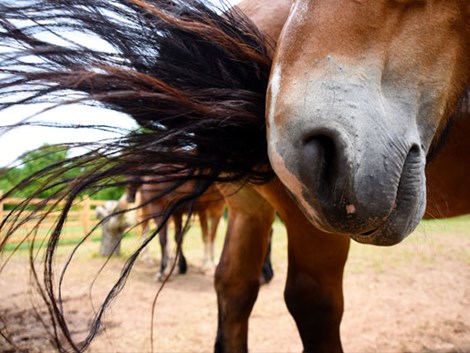
Pinworm test service
A sellotape impression test to detect eggs of the pinworm - a pesky parasite that has been on the increase in horses over the last few years.
Tell me More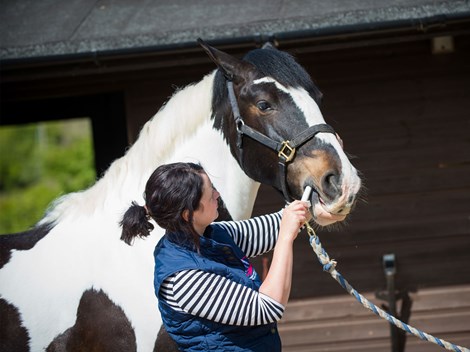
Reduction testing
After a positive worm egg count for redworm or roundworm that requires treatment, conduct a second worm egg count 10-14 days after worming to measure the efficacy of the treatment.
Tell me More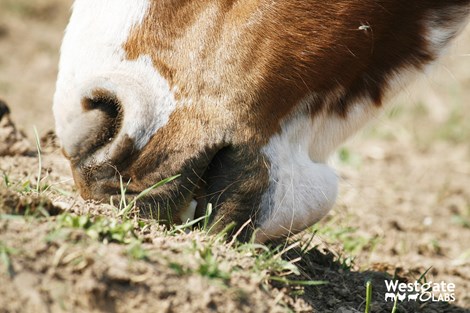
Faecal Sand Test
Faecal sand testing helps us to monitor sediment levels in the horse's gut and guard against the risk of sand colic.
Tell me More
Lungworm Test Kit
Faecal sedimentation test for lungworm, a parasite most commonly found in donkeys that can also effect other equines.
Tell me More
Liver Fluke Test Kit
Use this test to guard against liver fluke disease (fasciolosis) caused by the trematode parasite, particularly useful for horses grazing on wet reedy ground with sheep or cattle.
Tell me More